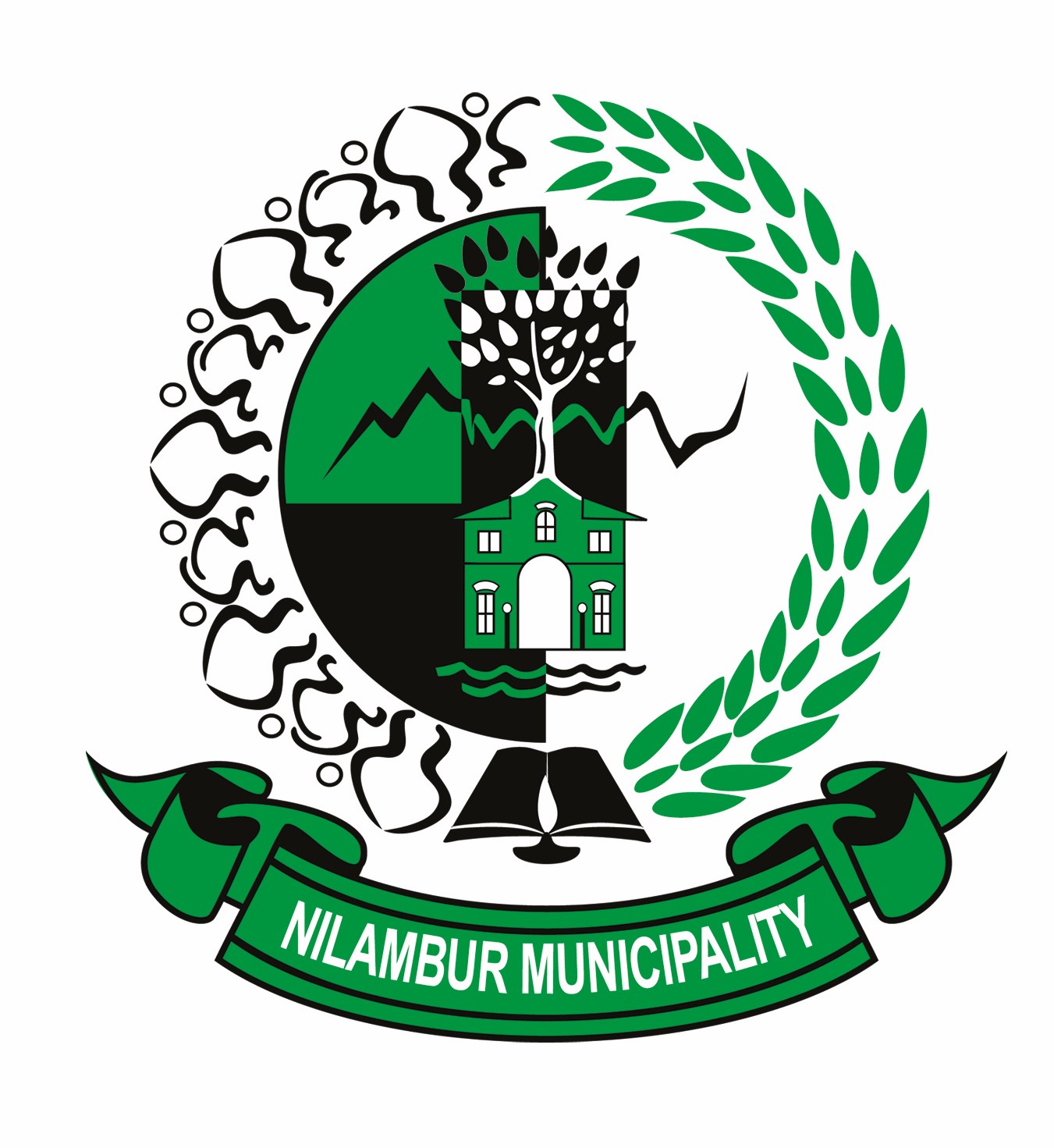Local Body Budget
A local body budget is a financial plan outlining the estimated income and expenditure of a local government (such as a municipality, district council, or panchayat) for a specific period, usually a year. It's a crucial document that reflects the priorities and development plans of the local area.
Key Components of a Local Body Budget:
- Revenue: This includes income from various sources like property taxes, user charges, government grants, and other fees.
- Expenditure: This covers costs for essential services like education, healthcare, sanitation, infrastructure development, and administrative expenses.
- Capital Expenditure: Investments in long-term assets such as roads, buildings, and public utilities.
- Debt Management: Includes loan repayments and interest payments.
Importance of Local Body Budgets:
- Financial Planning: Helps in efficient allocation of resources.
- Transparency and Accountability: Ensures public scrutiny and accountability in governance.
- Development Planning: Guides the implementation of local development projects.
- Resource Mobilization: Identifies potential revenue sources for sustainable development.
In essence, a local body budget is a roadmap for the financial health and development of a community. It reflects the aspirations of the people and the capacity of the local government to deliver services effectively.


